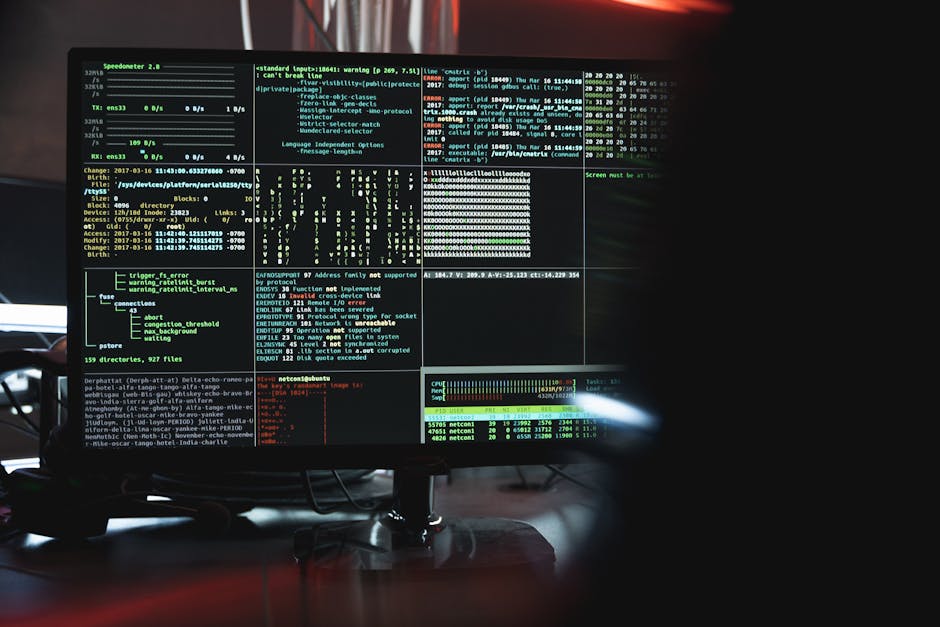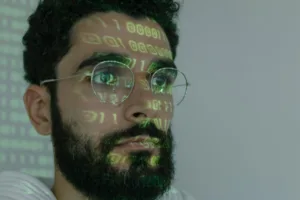
A cybersecurity CEO has been accused of planting malware on hospital computers, raising serious concerns about insider threats in the healthcare sector. Jeffrey Bowie, the CEO of Edmond, Oklahoma-based cybersecurity firm Veritaco, allegedly walked into SSM Health’s St. Anthony Hospital and installed malicious software on an employee’s computer. The malware was designed to capture screenshots every 20 seconds and transmit them to an external IP address, potentially exposing sensitive patient data. While forensic reviews confirmed no data breach occurred due to swift intervention, the incident highlights vulnerabilities in healthcare IT security.
Incident Overview
The attack occurred on August 6, 2024, though charges were not filed until April 2025. According to investigators, Bowie gained physical access to the hospital and installed malware on an employee-only computer. The software was configured to take frequent screenshots and exfiltrate them to an external server. Hospital staff detected the suspicious activity quickly, preventing any compromise of patient records. Authorities charged Bowie under the Oklahoma Computer Crimes Act, which carries penalties of up to $100,000 in fines and 1–10 years imprisonment for felony offenses.
Technical Details of the Attack
The malware used in this attack was designed for stealth and persistence. It operated by silently capturing screenshots at regular intervals and transmitting them to a remote IP address. While the exact strain of malware was not disclosed, its behavior suggests keylogging or screen-scraping capabilities. The hospital’s IT team identified the anomaly through endpoint monitoring, which flagged unusual outbound traffic patterns. Forensic analysis confirmed that no patient data was exfiltrated, but the incident underscores the risks posed by insider threats with privileged access.
Legal and Industry Implications
Bowie’s case is unusual because he was the CEO of a cybersecurity firm, a role typically associated with defending against such attacks. His former employer, Alias Cyber Security, reportedly raised ethics concerns about him in the past. The incident has drawn criticism from cybersecurity professionals, who argue that such actions undermine trust in ethical hacking practices. Legal experts note that this case could set a precedent for prosecuting cybersecurity professionals who abuse their expertise for malicious purposes.
Relevance to Security Professionals
This incident serves as a reminder of the importance of monitoring both external and insider threats. Hospitals and other critical infrastructure organizations should implement strict access controls, including multi-factor authentication and behavioral analytics, to detect unusual activity. Red teams can use this case to refine their social engineering and physical penetration testing strategies, while blue teams should review their endpoint detection and response (EDR) configurations to ensure rapid identification of similar threats.
Remediation and Best Practices
To mitigate risks from insider threats, organizations should:
- Enforce strict access controls and least-privilege principles.
- Monitor for unusual outbound traffic patterns.
- Conduct regular security awareness training for employees.
- Implement behavioral analytics to detect anomalous user activity.
This case highlights the need for robust security measures even against trusted insiders. While no patient data was compromised, the potential consequences of such an attack could have been severe, reinforcing the importance of proactive defense strategies.
Conclusion
The allegations against Jeffrey Bowie present a cautionary tale about the dual risks posed by insider threats and the misuse of cybersecurity expertise. As the legal proceedings unfold, the case will likely influence discussions around ethical hacking, regulatory enforcement, and healthcare IT security. Organizations must remain vigilant, ensuring that their defenses account for both external attackers and malicious insiders.
References
- “Cybersecurity Firm CEO Charged with Installing Malware on Hospital Computer,” HIPAA Journal, Apr. 18, 2025.
- “Edmond cybersecurity CEO accused of major hack at hospital,” KOCO News 5, Apr. 16, 2025.
- “Edmond cybersecurity CEO accused of planting malware on hospital computers,” DataBreaches.Net, Apr. 17, 2025.
- “Oklahoma City man arrested for installing malware on hospital computers,” News9, Apr. 16, 2025.





